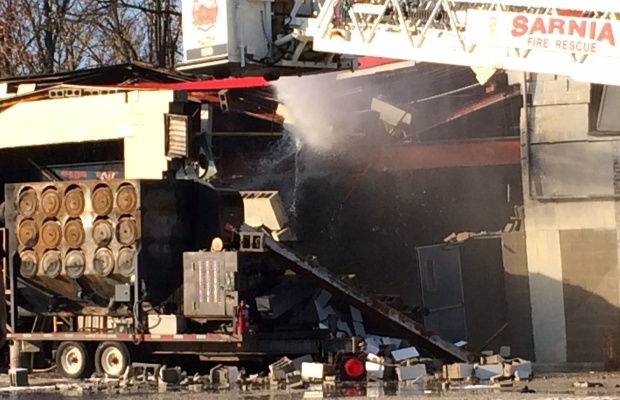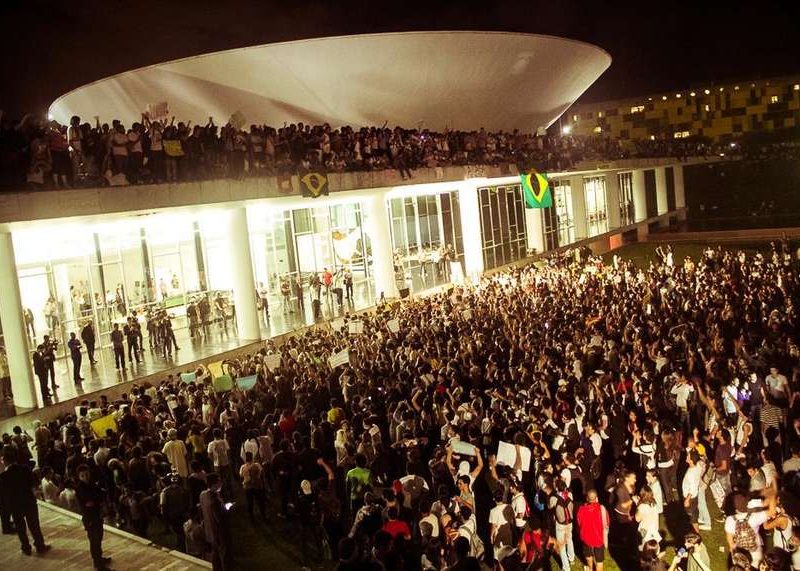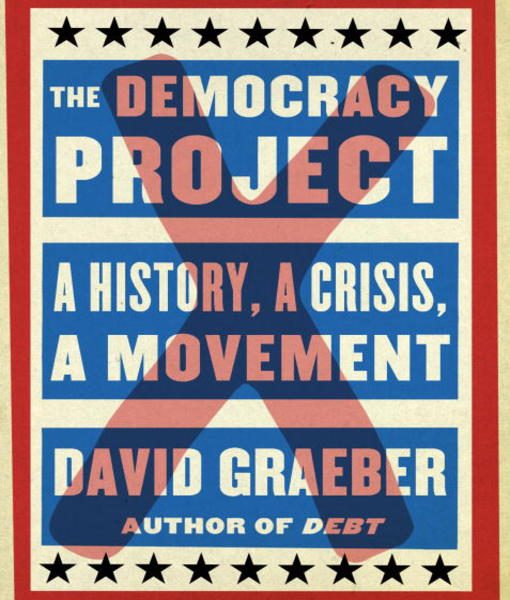On January 25, people in Greece will go to the polls. But this is no ordinary election. The situation in Greece is being widely watched because the election could be won by SYRIZA, a left-wing party pledged to end the austerity measures that have caused such harm in the country since 2010.

By James Cairns
On October 22, Corporal Nathan Cirillo was shot and killed in front of the War Memorial in Ottawa. Since then, his life as a soldier in the Canadian military has been celebrated in Parliament, in schools, in National Hockey League arenas, and in endless media coverage.
Three days after the death of Cirillo, an explosion at an industrial plant in Veolia, Ontario seriously injured five workers. One of the workers has since died. But the body of the dead Veolia worker will not be paraded past cheering crowds on the so-called “Highway of Heroes.” There will not be tributes for him in Parliament. The Veolia explosion has hardly been discussed in the media.

By Sabrina Fernandes
Rally held in June 2013, Brazil. Source: MidiaNinja media collective
The general commentary regarding Brazilian politics is that the “politicians are all the same” or “there is no political alternative” and that even the good ones get corrupted once they reach power. It is no wonder then, that the massive protests of June 2013 throughout Brazil, which were filled with diffuse voices and eclipsed by broad demands, revealed what many termed a crisis of representation.

By Brian S. Roper
Review of David Graeber, The Democracy Project: A History, a Crisis, a Movement (Allen Lane, 2013)
Was the Occupy movement an anarchist movement? David Graeber certainly thinks so and dedicates much of The Democracy Project depicting it in these terms.
In reality the influence of Anarchism as a diverse political current was highly uneven across the hundreds of occupations that took place globally in September, October and November of 2011. The relative influence of anarchists, socialists, feminists, Indigenous activists, greens, social democrats, left nationalists, and others varied largely according to the relative strengths of these currents prior to the emergence of the Occupy movement, and how they conducted themselves during the course of the encampments.
Review of James Cairns and Alan Sears, The Democratic Imagination: Envisioning Popular Power in the Twenty-First Century (University of Toronto Press, 2012)
By Salmaan Khan
By James Cairns
A lot of people are angry about the robocall scandal. Even by the low standards of the Harper Conservatives, the covert attempt to block thousands of people from voting in the 2011 federal election is pretty disgusting.
By David McNally
It is a truism to say that democracy began with the Greeks – less so to say that it originated in popular rebellion against debt and debt-bondage. Yet, with the Greek people ensnared once more in the vice-grip of rich debt-holders, it may be useful to recall that fact. For the only hope today of reclaiming democracy in Greece (and elsewhere) resides in the prospect of a mass uprising against modern debt-bondage that extends the rule of the people into the economic sphere.
By Harold Lavender
In the May Federal election, Stephen Harper won a majority government without winning a majority of the vote. Only 39.6 percent of the population voted Conservative while 60 percent voted against. Much discussion has focused on the election results and what to do about the Harper majority. But relatively little of this has focused on the electoral system.

